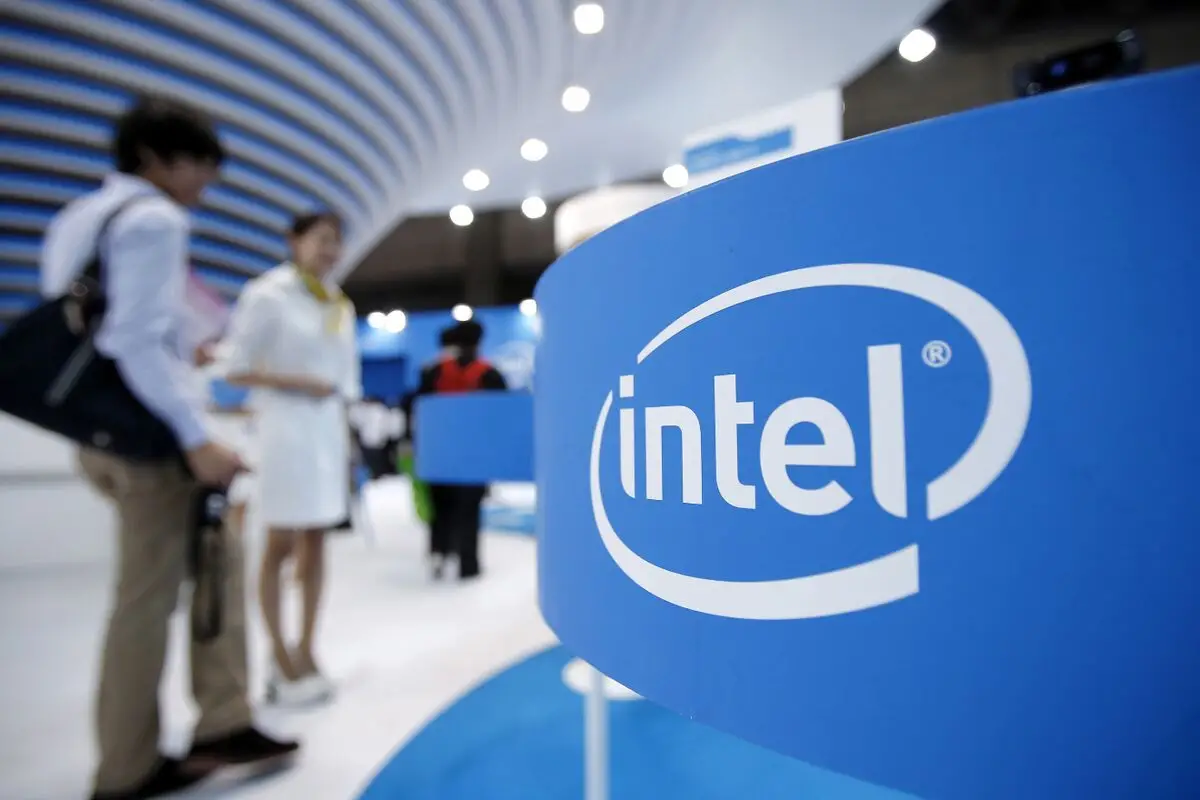Equities
Intel's Stock Hits Year-Low, Down 37% Amidst Revival Plan
Intel's stock hits yearly low after earnings miss, despite CEO's turnaround efforts and strategic pivot in chip manufacturing.
By Barry Stearns
ᐧ

Key Takeaway
- Intel's stock fell 10% after a disappointing earnings report, marking a year-low and highlighting ongoing demand challenges.
- CEO Gelsinger's strategy to regain semiconductor leadership by 2026 faces skepticism, with Intel down 37% this year as the worst S&P 500 tech performer.
- Despite past missteps in mobile and AI, Intel aims for a comeback with ambitious manufacturing and AI market entry plans.
Earnings and Market Response
Intel Corporation, a leading maker of processors for personal computers and laptops, experienced a significant drop in its stock value, falling 10% on Friday to the lowest level of the year. This decline came in the wake of the company's first-quarter earnings report, which revealed revenues that fell short of estimates and a cautious forecast for the second quarter, hinting at continued weak demand. Despite these challenges, CEO Pat Gelsinger, who is in his fourth year leading Intel, remains committed to a turnaround strategy that includes substantial investments aimed at regaining technological leadership in semiconductor manufacturing—a position eroded over decades due to underinvestment and competition from overseas rivals like Taiwan Semiconductor Manufacturing Company (TSMC).
Strategic Shifts and Challenges
Intel's strategy under Gelsinger's leadership involves a significant pivot: in addition to producing its own branded processors, the company aims to serve as a manufacturing hub for other chip companies, including giants like Nvidia, Apple, and Qualcomm. This move is predicated on Intel closing the technological gap with competitors—a goal Gelsinger asserts is on track for achievement by 2026. However, skepticism abounds among investors and analysts, as evidenced by Intel's position as the worst-performing tech stock in the S&P 500 this year, with a 37% decline. The company's market capitalization now trails behind several of its peers, marking a stark reversal from its days as the world's largest semiconductor company by sales.
Historical Context and Missed Opportunities
Intel's current predicament can be traced back to several strategic missteps over the years, including missing out on the mobile chip boom initiated by the iPhone's launch in 2007 and being largely sidelined in the burgeoning field of artificial intelligence (AI). These missed opportunities have had lasting impacts, with Intel losing significant market share in its core PC chip business to competitors leveraging ARM-based chip technology, which offers advantages in power consumption and performance for mobile devices. Additionally, Intel's delays in advancing its manufacturing processes have allowed rivals like AMD and TSMC to outpace it technologically and commercially.
Forward-Looking Statements and Initiatives
Despite the challenges, Intel is not standing still. The company has outlined ambitious plans to regain its footing in the semiconductor industry, including a "four nodes in five years" strategy to accelerate its manufacturing capabilities. Intel's efforts to enter the AI market with its Gaudi 3 processor and its plans to become a key player in the foundry business underscore its commitment to diversification and innovation. Furthermore, Intel's significant investments in new manufacturing facilities, supported in part by U.S. government subsidies, signal its intention to play a central role in the future of chipmaking, both for itself and potentially for its competitors.
Street Views
Nicholas Braithwaite, Celesta Capital (Neutral on Intel):
"Intel is a big iconic semiconductor company which has been the leader for many years. And I think it’s a company that is worth trying to save, and they have to come back to competitiveness."
Akshara Bassi, Counterpoint analyst (Bearish on Intel's recent performance):
"I think everyone has been hearing them say the next quarter will be better for two, three years now."
Management Quotes
- Pat Gelsinger, CEO of Intel:
"Job number one was to accelerate our efforts to close the technology gap that was created by over a decade of under-investment." "We have a lot of these investments to catch up flowing through the P&L. But basically, what we expect in ’24 is the trough." "We’re rebuilding customer trust. They’re looking at us now saying ‘Oh, Intel is back.’"
Finance GPT
beta







